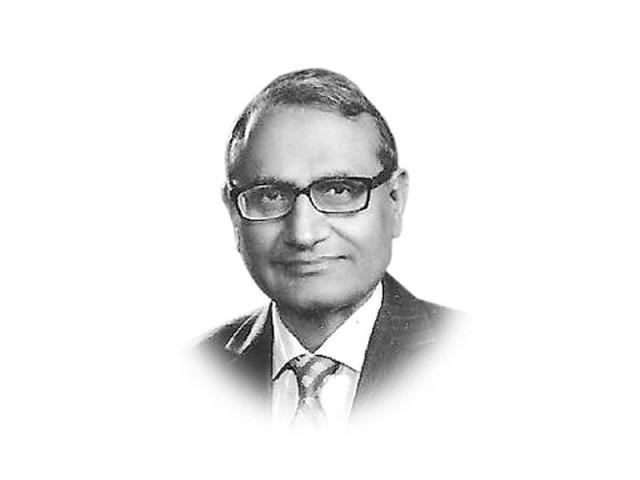IMF and political transitions
Any future IMF assistance would require stronger ownership and broad political support for economic reform.
pervez.tahir@tribune.com.pk
Political transitions in Pakistan have never been orderly. Most governments ended in economic chaos. Towards the end, the economic bureaucracy starts discussions with the IMF for a new loan. An interim or caretaker set-up fleshes out the details and an agreement is handed down to the next government as a fait accompli. This was not always so. In the 1960s and 1970s, Pakistan secured seven stand-by loans. Medium-term lending started in the 1980 with a three-year Extended Fund Facility. These were arrangements made with governments utilising them. The linkage with political transitions started in 1988 with the Structural Adjustment Facility (SAF). As the bilateral assistance from the US dried up in 1986 and the economy stood on a fiscal cliff, negotiations started for a SAF loan. The conditionality proposed by the IMF staff was too harsh for the economic bureaucracy to accept. However, the caretaker set-up of President Ghulam Ishaq Khan had no problems with the conditionality and kept the letter of intent ready for the first Benazir Bhutto government to sign. Similarly, the caretaker administration of Moeen Qureshi (November 1996-February 1997) had prepared the blueprint for IMF assistance under the Extended Fund Facility and the Enhanced Structural Adjustment Facility agreed by the IMF with the second Nawaz Sharif government in October 1997. However, the whole programme was swept away by the sanctions following the nuclear detonation. Later, for about three years after General (retd) Pervez Musharraf took over in 1999, the economy was managed like a caretaker set-up. A programme of austerity and blaming the previous political government for fudging the fiscal data helped secure a stand-by loan from the IMF. To obtain medium-term financing, an Interim Poverty Reduction Strategy Paper was prepared to access the Poverty Reduction and Growth Facility (PRGF). In Article IV consultation with Pakistan in December 2004, the executive board of the IMF was unusually complimentary. In its view, the country had “successfully emerged from crisis” left by the political government. Further, the board went on to observe: “In contrast to earlier experience, the 2000 stand-by Arrangement and the 2001-04 Poverty Reduction and Growth Facility (PRGF) were in large part implemented steadfastly.” In 2007, work also started on the second Poverty Reduction Strategy Paper.
Before the second paper could be finalised, the economic crisis had returned. Soon after its installation, the present political government had to enter into a two-year stand-by arrangement with the IMF for 2008-09 and 2009-10. This had to be abandoned midstream, bringing back the reputation of Pakistan being a one-tranche country. The premature exit also reaffirmed the notion that the establishment at home and in the international financial institutions (IFI) have nurtured over the years that the political class is incapable of managing the economy. As in the past, the economic bureaucracy has been in discussions with the IMF. In February last year, a post-programme monitoring was proposed and concluded by November. Ex-post evaluation of the 2008 stand-by concluded that Pakistan failed to achieve sustainable fiscal consolidation. Any future assistance would require stronger ownership and broad political support for economic reform. It seems the looming transition is not an easy read for the establishment at home and in the IFIs. The political class has made an attempt to ensure that the caretakers will focus on elections rather than economic reform. But the establishment has not given up, though. There is more to the Qadri game than meets the eye.
Published in The Express Tribune, January 18th, 2013.












1724319076-0/Untitled-design-(5)1724319076-0-208x130.webp)






COMMENTS
Comments are moderated and generally will be posted if they are on-topic and not abusive.
For more information, please see our Comments FAQ